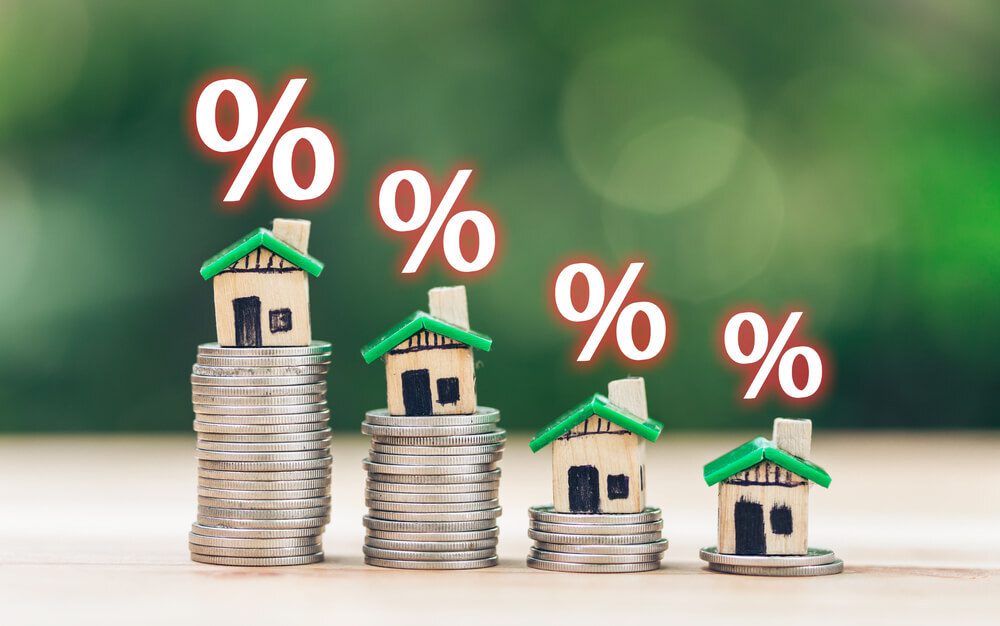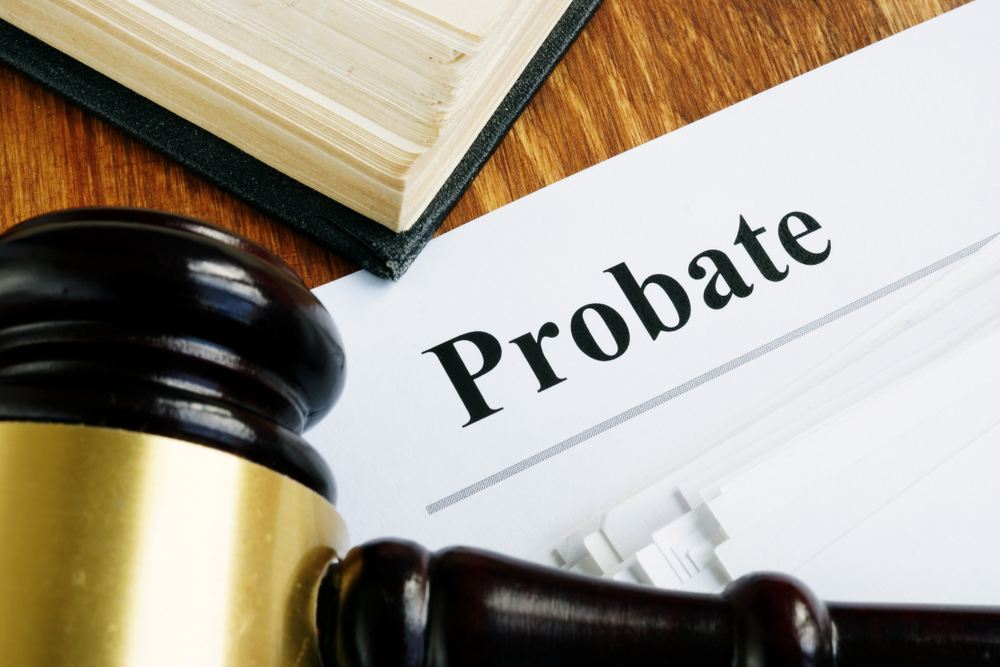When finalizing the purchase of a home, the buyer will inevitably have to deal with the results of a home appraisal. Everyone likes to think that everything will be smooth sailing from there once their offer is accepted and the house is under contract.
Unfortunately, that’s not how things always go. There is always a chance that the appraisal will come in lower than your offer, so you must reconsider your approach.
While all of this can be confusing and frustrating, remember to stay calm and analyze the situation rationally to make the best financial decision for you. There are ways you can still move forward and get the home of your dreams while staying ahead.
Learn more about what happens if the appraisal is lower than the offer and what you can do as a buyer.
Reasons for Low Valuations
It’s best to understand why these discrepancies occur before covering what happens if the appraisal is lower than the offer. The reason can inform you or your real estate agent about the best way to proceed.
1. Bidding wars
If you win a bidding war, you may end up closing the deal at a higher price than expected for the home for sale. These competitive offers can often generate numbers above the listed sales price, let alone the appraisal price that is determined at closing.
Appraisals are based on the home’s condition, general market trends, and historical real estate data for the area. Despite the conditions that led to your final winning bid price, the conditions for the appraisal will remain firm.
2. Hot Markets and Popular Seasons
The real estate market is not stagnant, but appraisal prices are much slower to adapt to trends. There are better and worse times to buy a home.
For example, if the market is hot, prices will be higher, and your offer may be reasonable for the moment and, at the same time, much higher than it would have been six months ago. If the appraiser only has data from six months ago to compare, you will not get a timely evaluation.
Additionally, the best seasons to buy and sell will vary yearly. This may not be accurately reflected in the data the appraiser has to work with.
3. Errors in the work of the appraiser
As they say, to err is human. While appraisers must undergo state-approved training and licensing requirements, they are not perfect. Your appraiser may be new to the profession or new to the area. Either way, they may be working with limited information.
If you think this may be the case, talk to your real estate agent. In this case, getting a second opinion from another appraisal agent may be worth the additional cost. There’s an extremely high bar to clear for the initial appraisal to be rejected, but it could pay dividends if all goes well.
But before hiring an appraiser for a second opinion, talk to your agent first to save money, and if there’s no hope that the initial appraisal is poor.
4. Lack of comparable sales
The location of the house is as important as the house itself. Appraisals will depend largely on the real estate around the target home and the historical prices the area has seen. This can cause unusual or unique homes to have ratings that appear mismatched.
How to Respond as a Buyer
So, you received a low evaluation. Now what? When working with bank loans, the appraisal cost will affect the amount they will agree to lend you.
In addition to getting a second opinion, there are three main options for you as a buyer.
1. Renegotiate the deal
Negotiations are not off the table. Talk to your real estate agent again and see what they can do to negotiate a lower price with the seller. Whatever the reason that led to the home’s appraisal being lower than the list price, they may be willing to reconsider their angle and the home’s actual value. If you are working directly with the seller, you can negotiate directly. They don’t want to lose the prospect of a sale, and it can only bring as much as the value of the home to the table.
However, there is always the possibility that the seller will not budge. If this is the case, and you are committed to the sale, you may have to make some difficult decisions.
2. Cover more of your out-of-pocket costs
If you can make up the difference between the sales price and the price determined by the appraisal, then you have a simple solution to securing the home of your dreams. Whether those funds come from a savings account or a second loan, make sure you can handle the additional debt and that the house is really worth it.
3. Finish the contract
If you can’t make up the difference between the approved loan amount and the price of the house, it may be better to leave and look for another house.
How a Loan Can Help
When you receive a low appraisal, but the seller won’t budge on renegotiation, it may seem impossible to cover the discrepancy with your money. After all, he took out a mortgage because he couldn’t pay for a house upfront.
However, remember that you only have to pay the difference between the appraisal price and the offer. If the discrepancy is huge, there may be better options for your financial future than taking out a loan for the difference. However, if you don’t have the cash right now but know you can afford the loan, many loan options are available.
Depending on your financial situation, here are some loans that may suit your needs:
- Private loans
- Hard Money Loans
- Subprime Loans
- Conventional loans
Find Support to Buy Your New Home
Dealing with what happens if the appraisal is lower than the offer can be stressful, but you don’t have to do it alone.
Surrounding yourself with industry professionals will provide you with valuable guidance and help throughout the process. When you have a low appraisal, but the seller won’t budge, a lending professional at Cash Buyers NY will provide you with the additional financial support you need to close the sale.
Contact our team today to learn more about how we help homeowners secure the home of their dreams.






